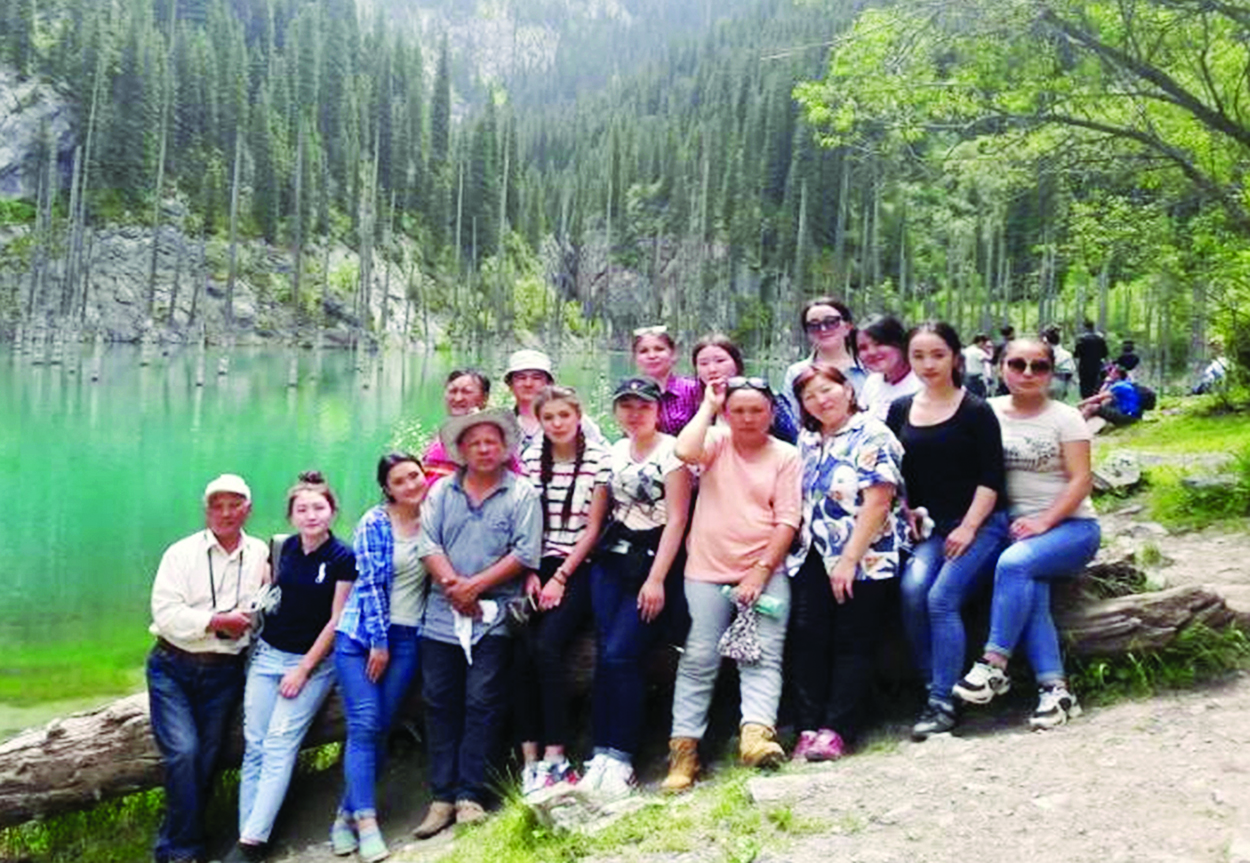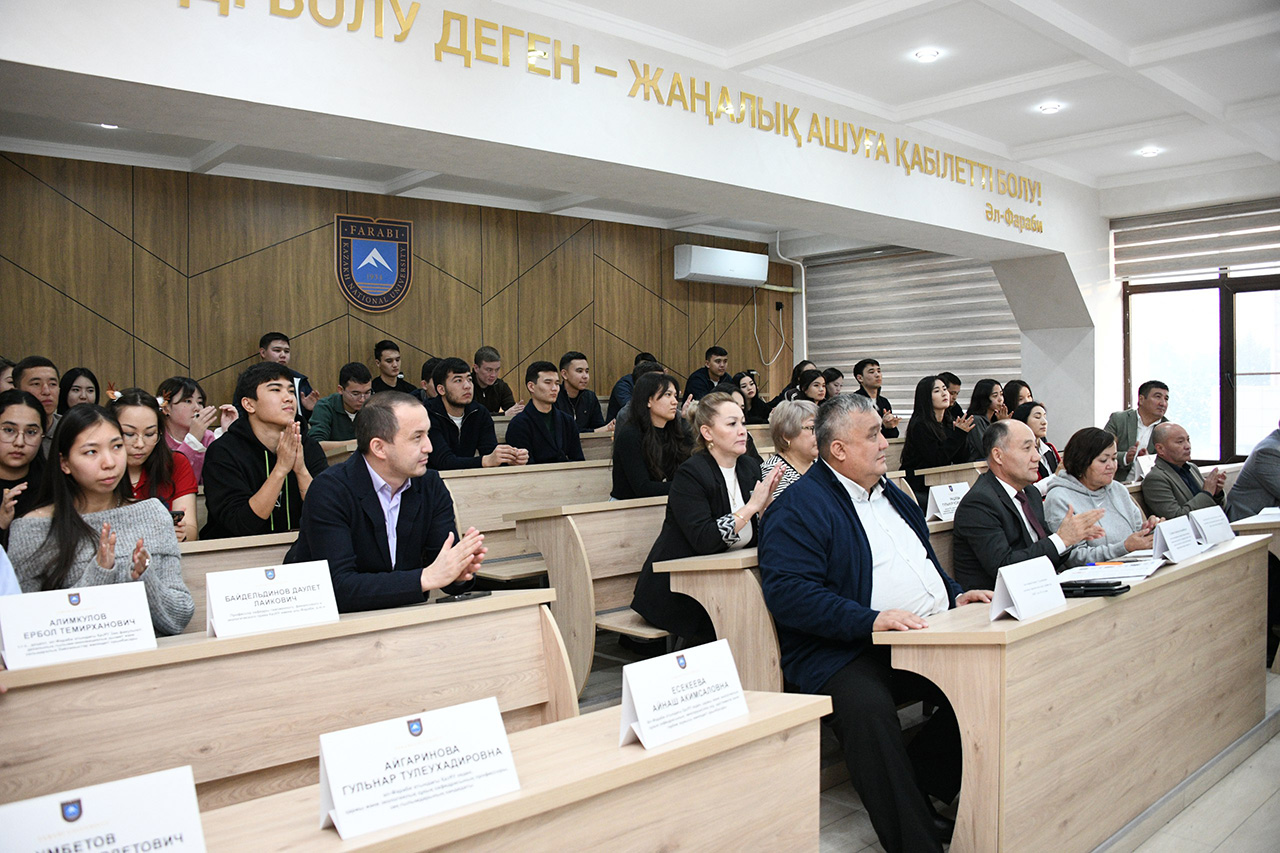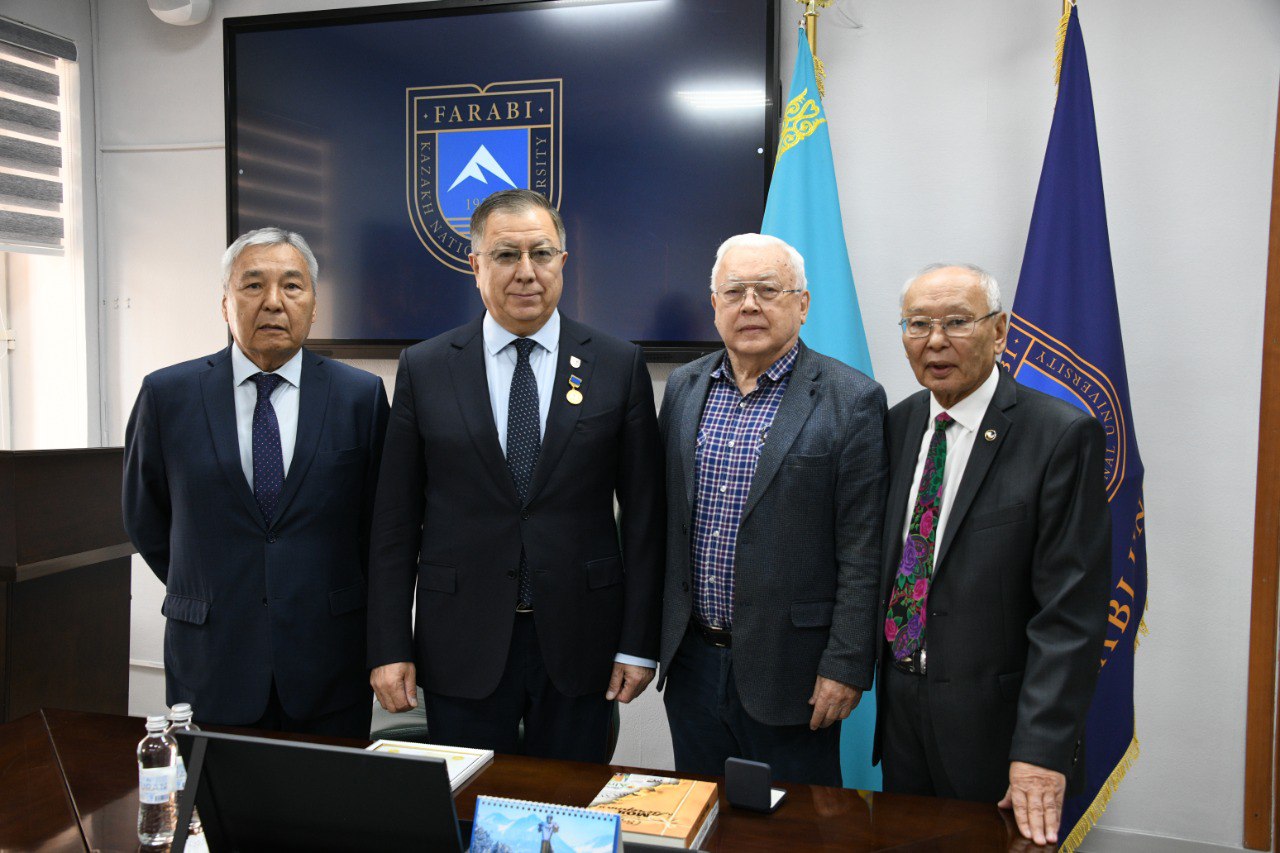- Main
- News
- Importance of learning and field practice in the framework of the Sustainable Development Goals
Importance of learning and field practice in the framework of the Sustainable Development Goals

The United Nations Development Program (UNDP) is the UN's global network for development, specifically the SDGs, which already works in 170 countries. It mainly helps to eradicate poverty, reduce inequality, fight corruption and increase government transparency. As part of the SDGs, UNDP is helping Kazakhstan to: eliminate social mistrust and inequality, restore public trust in government, preserve environmental stability, and promote high productivity economic growth. Since the start of work in Kazakhstan, more than 200 projects have been implemented jointly with UNDP in a wide range of thematic sectors for more than 200 million US dollars.
Sustainable Development Goal 15-Protect and restore terrestrial ecosystems. It promotes their rational use, rational use of forests, combating desertification, stopping and returning the process of land degradation, as well as stopping the process of biodiversity loss.
In this regard, for this purpose at the Faculty of Biology and Biotechnology of the Kazakh National University in accordance with the state s
Educational field practice is conducted in the disciplines of botany and zoology. According to the main tasks of the practice students get acquainted with biotopes where plants grow in the discipline of botany, master the methods of field research, i.e. visual observation, learn the methods of collecting and storing herbarium plants (labeling, storage, the ability to clearly identify the belonging to genera, genera, species), fill out a field diary and further solve its problems. It is also adapted to learning to work with identifiers, making a list of species and creating the features of individual biotopes, equipment for collecting basic material, knowledge of the rules of independent research work, daily filling and reporting.
And mastering the research methods of educational and field practice in the subject of zoology solves the following tasks: visual control, accounting for the number of animals, collection and processing of materials (fixation or fixation of animals, labeling, storage, the ability to clearly identify the main vertebrate and invertebrate species of each biotope) and field daily filling. In this area it is also necessary to learn to work with determinants, to know the species composition of vertebrates and the most common species of invertebrate animals (acquiring the skills of long-term observation of invertebrate animals and conducting walks in nature), to know the biotopes of their habitat in summer, to be able to create, handle equipment for the collection of basic material, to know the rules of independent research work, to know the main biological features of the types and their importance in nature and human life.
Special attention during the practice was paid to the species listed in the Red Book. Students will learn the basic principles of organization and methods of conducting independent scientific research on the distribution and ecology of plant flora and animal fauna without damage to the environment, the formation of environmental protection and ecological approach.
The fulfillment of the above tasks ensures the realization of the goal of sustainable development. Educational and field practice is carried out with great responsibility by qualified teachers of the Faculty of Biology and Biotechnology, Department of Biodiversity and Bioresources. Namely: Abibulla Ametovich, Birlikbai Yeszhanovich, Nurlan Baimurzaev, Nursultu Akhtaeva and permanent head of practice Bekzat Tynybekov. After all, to provide the students of the group and the whole staff with food, to consolidate knowledge in nature and to answer the main welfare of each student is not an easy task. Therefore, it is desirable that a large-scale training and field practice, which meets one point of the Sustainable Development Goal, be held annually.
Damira YUSAEVA,
Biodiversity and bioresources
Senior Lecturer of the Department, Ph.


